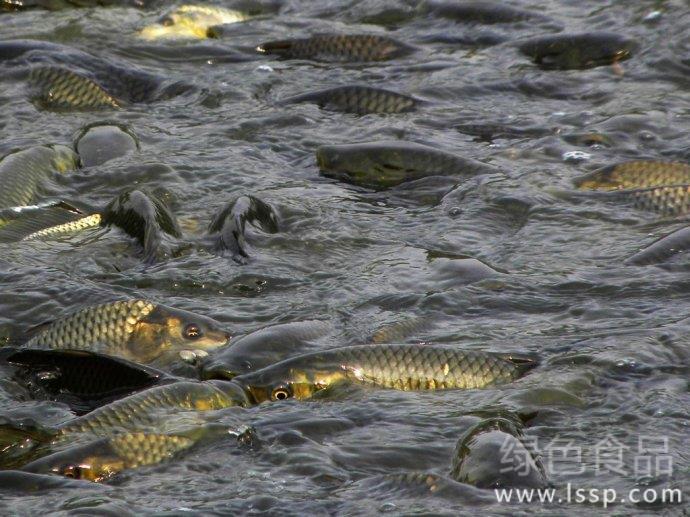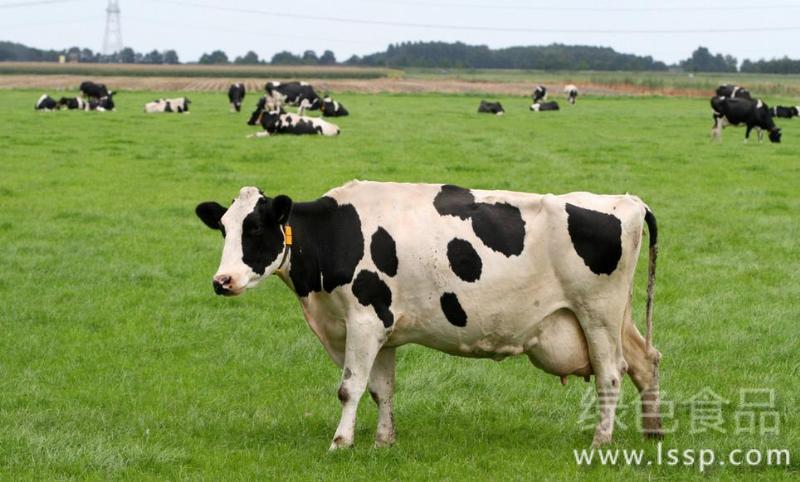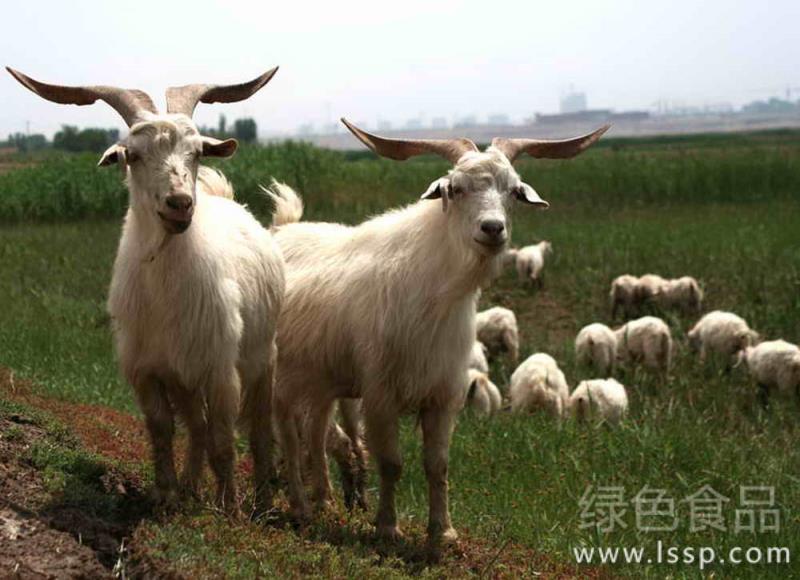How to manage fish ponds in plum rainy season aquaculture disaster season
For aquaculturists, the rainy season is a disaster season. On the one hand, when the water temperature rises, the fish activity increases, the metabolic intensity increases, and oxygen consumption increases; on the other hand, due to continuous rain, the photosynthesis of aquatic plants in the water weakens, coupled with a drop in air pressure, resulting in a rapid decrease in natural oxygen content in the water, which is easy to cause fish discomfort and affect growth, or even flooding ponds, resulting in death. At the same time, due to hot and humid weather, bacteria, virus breeding, easy to produce fulminant fish disease. Therefore, the fish pond management in the Meiyu season is extremely important, otherwise it will lead to a situation of "one careless move and losing the whole game". In order to do a good job in management, we should pay attention to the following matters:

Fish pond
1. Strengthen feeding and management: according to the characteristics of fish, carefully organize and feed well, not only to make the fish eat well, but also to adjust the feeding quantity in time according to the weather changes, so as to avoid feed waste and reduce water pollution at the same time.
2. Listen to weather forecast and prevent floating head: listen to meteorological information, keep abreast of weather changes in time, add fresh water in case of violent weather and insufficient dissolved oxygen in water, open aerator if possible, patrol ponds frequently, especially at night, find signs of floating head and take measures in time.
3. Prevention of fish disease: the scientific method of giving priority to prevention and combining prevention with prevention. Before the arrival of the plum rain season, carry out a thorough detoxification and sterilization operation on the fish pond, and at the same time feed bait to improve the immunity of the fish. For the frequently-occurring diseases in the plum rain season, such as printing disease, bacterial Gill rot disease, red skin disease, grass carp hemorrhagic disease and some parasitic fish diseases, we should grasp the cause in time, diagnose correctly, and prescribe the right medicine to the case. once fish are found dead, we must take deep burial methods to deal with them, and do not litter.
4. Flood control: there are many torrential rains in the Meiyu season. For fish ponds and thin ridges in low-lying fields, timely precautions should be taken to avoid collapse; for fish ponds with large rainfall, escape prevention facilities should be made to be foolproof.
- Prev

How to prevent and treat Postpartum Breast Edema in Dairy cows
How to prevent and treat Postpartum Breast Edema in Dairy cows
- Next

High mortality rate of foot-and-mouth disease in sheep how to prevent and cure foot-and-mouth disease in sheep
High mortality rate of foot-and-mouth disease in sheep how to prevent and cure foot-and-mouth disease in sheep
Related
- On the eggshell is a badge full of pride. British Poultry Egg Market and Consumer observation
- British study: 72% of Britons are willing to buy native eggs raised by insects
- Guidelines for friendly egg production revised the increase of space in chicken sheds can not be forced to change feathers and lay eggs.
- Risk of delay in customs clearance Australia suspends lobster exports to China
- Pig semen-the Vector of virus Transmission (4)
- Pig semen-the Vector of virus Transmission (3)
- Five common causes of difficult control of classical swine fever in clinic and their countermeasures
- Foot-and-mouth disease is the most effective way to prevent it!
- PED is the number one killer of piglets and has to be guarded against in autumn and winter.
- What is "yellow fat pig"? Have you ever heard the pig collector talk about "yellow fat pig"?

